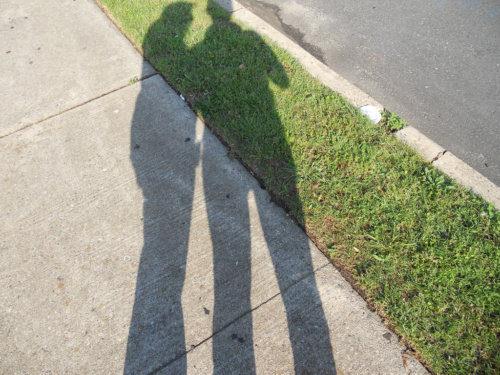Could You Be Co-Dependent? What Exactly is Co-Dependency?

What is codependency?
We often hear the word ‘codependency’ in relation to partners, or family members, of alcoholics or addicts. In fact, codependency can occur in many different situations. The condition occurs when someone allows themselves to be manipulated and controlled by another person. You could be co-dependent if:
- you allow yourself – often at an unconscious level – to be manipulated and controlled by another person;
- you care for that person, to your own detriment;
- you constantly sacrifice your own needs;
- you lose your sense of self, identity and individuality.
Codependency is an extreme form of self-sacrifice. It happens when a person takes caring for someone else to an extreme, looking after their needs at the sacrifice of their own. This behaviour leads to an erosion of the self and leaves an individual open to manipulation and controlling behaviour. In a sense, a person gives over their own will to another and their own desires become subservient to the other persons’ needs. Because of this subservience, a co-dependent person will constantly accept poor behaviour from someone; such is the level of manipulation they are experiencing.
Codependency in action
Jean*’s husband often behaves in an abusive manner and, over many years, he has literally beaten her into submission. He has also used psychological abuse and bullying tactics to undermine her. Onlookers feel aghast that she doesn’t leave him. Why would she stay and experience such abuse? But in her mind, she has devoted her whole life to him. Who would she be without him? She has invested so much of herself in him that she feels it would be impossible to live without him, in spite of how he treats her. After all, she loves him, she needs him and he is everything to her.
The feelings that Jean is displaying are often seen in people who succumb to codependency because they have a deep sense of unworthiness. They need love and affection and because of their own low self-esteem they will often do anything to get this sense of love and belonging. They do not value themselves or their gifts and so are willing to sacrifice themselves for another and accept the most appalling behaviour from the one they love.
Denial at the heart of codependency
Denial is one of the most important defence mechanisms at work in codependency. A person has shielded themselves from the true reality of their position. They have been constantly manoeuvred, manipulated and undermined so that they do not believe they can manage alone. Because of this, their self-esteem is at rock bottom and it is as if they no longer truly act under their own will. Jean has lost her individual identity and has become subsumed into her partner. She is like a satellite to his planet – she exists solely for him, to her own cost. Others around her see this, but she is blind to it. To hide from the horror of her situation, her mind has denied it is happening.
How to identify and fight codependency
Codependency does not happen overnight. It happens gradually and increases in depth and momentum as time passes. If you see yourself as someone who always puts others first and constantly sacrifices your own happiness for another, then it is worth considering whether or not your relationships have aspects of codependency. To break out of codependency, here are a few vital steps:
- Look at how you behave in relationships: See if you are always putting others before yourself. If you are, start to change this dynamic – begin to put yourself first on occasions.
- Look for a support group: If you fall into a particular category, e.g. suffering abuse or being involved with an addict, open up to others about your fears and problems – this will help you.
- Find a therapist: Whatever your level of codependency, it is likely that you will need and benefit from therapeutic support and intervention – you may even need to build your self-esteem and life from rock bottom.
- Start to see yourself as an individual: You are not just a partner, son/daughter, mother/father. Begin to form your own dreams, goals and ambitions and make these independent of anyone else.
Breaking free from codependency is a challenging journey. It takes time and effort to begin to see yourself as an individual rather than someone who only serves others. But with time, and the right support, you can begin to break out of this damaging behaviour. You can begin to build your self-esteem and feelings of worthiness and so shine and flourish. Most important of all, you can begin to finally believe that you do deserve to have your own life and that you are worthy of your own individual place in this world.
© 2013 Ruth Nina Welsh – Be Your Own Counsellor & Coach
*name has been changed





Excellent post. Reblogging and sharing it through the Trauma and Dissociation Project!
Thank you very much Quentin!